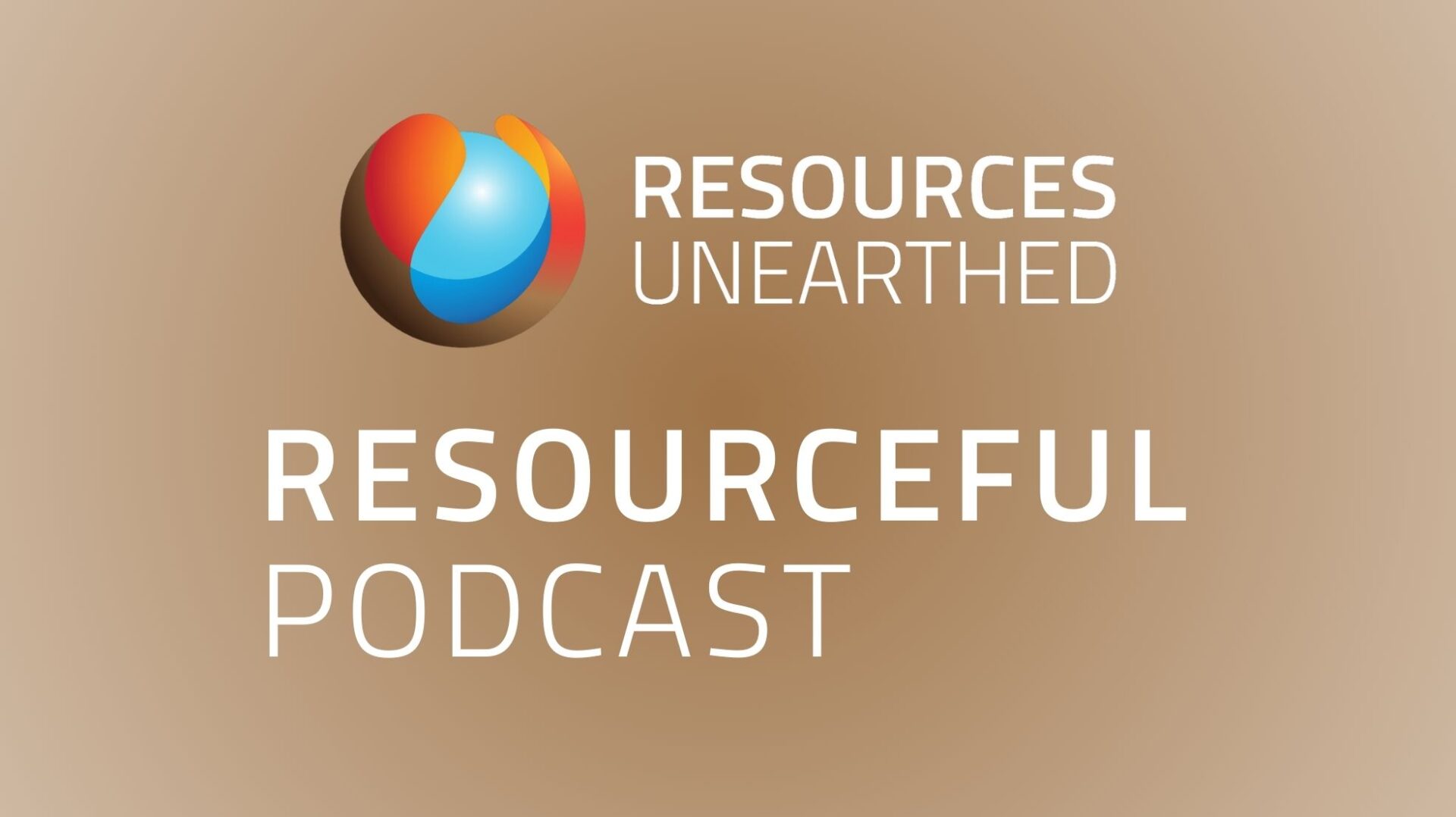In today’s competitive business environment, planning for business succession involves more than just transitioning ownership; it requires a detailed focus on what happens post-sale. Whether you’re an ongoing owner, a seller, or a new entrant, the aftermath of a business sale presents unique challenges and opportunities. Understanding these nuances is crucial for ensuring a smooth transition and sustained success.
Forming Relationships with New Owners
The immediate phase after a business transaction often involves building strong relationships with new owners. Whether you’re remaining as a continuing owner through a transition period or indefinitely, aligning with younger or differently experienced owners is imperative. Conducting an alignment exercise can be beneficial. It allows everyone to express their expectations and contributions to the business, fostering a cooperative environment.
Legal Perspective: Managing Expectations
From a legal standpoint, aligning expectations among new business stakeholders is vital to avert conflicts. Diverging goals, such as maximising profit in the short term versus a long-term hold, can lead to friction. These discrepancies must be addressed early, to ensure a unified direction.
Financial Considerations for New Shareholders
For new shareholders, understanding the financial underpinnings of the business is crucial. Debt arrangements and maintaining business performance are key areas of focus. During times of transition, downturns in performance can occur. Ensuring there’s adequate capital outside the business can mitigate financial strain.
Addressing Potential Pitfalls
Just as success should be planned, potential pitfalls must be anticipated. New directors should be particularly aware of personal liabilities concerning tax obligations, such as superannuation and PAYG withholding. Failure to address these issues within the limited statutory period can result in personal liability.
Developing comprehensive shareholder agreements is essential. These agreements formalise expectations and outline operational protocols. They also incorporate buy-sell agreements and insurance strategies to cover unforeseen events, offering financial protection for all parties involved.
Insurance and Buy-Sell Agreements
Buy-sell agreements, complemented by insurance, provide financial certainty and structure for unexpected changes, such as a partner’s illness or exit. Engaging third-party insurers early in the process is advisable to manage potential delays and ensure all clauses align with insurance terms.
Post-Transaction Review: A Learning Opportunity
Conducting a post-transaction review can be a valuable learning tool for new business acquirers and sellers who may venture into future transactions. Evaluating what went well and identifying areas for improvement can prevent repeating previous mistakes and enhance future transaction readiness.
For successful business succession, a balance between documentation and flexibility is critical. While documenting big-ticket issues is necessary, leaving room for flexibility ensures smoother operations. Aligning culturally and maintaining open, adaptable communication lays the groundwork for achieving shared business goals.
The path of business succession is laden with complexities, but with careful planning and strategic alignment in legal, financial, and operational areas, businesses can successfully navigate the post-sale landscape.
Get in touch
For those keen on learning more about achieving efficient business succession in the mining and resources industry, Craig Barry and Craig Hong offer complimentary discussions for both buyers and sellers contemplating this significant change. Ultimately, a tailored, informed approach is the key to unlocking a seamless and rewarding succession experience.
Brett & James: https://www.resourcesunearthed.com.au/
Craig Barry: https://williambuck.com/
Craig Hong: https://hillhouse.com.au/
TIMESTAMPS:
00:35 Challenges for Continuing Owners
02:00 Legal Perspectives on Post-Succession
03:06 Financial Considerations for New Shareholders
04:13 Managing Key Personnel and Business Performance
07:07 Importance of Shareholders Agreements
08:16 Buy-Sell Agreements and Insurance
12:46 Post-Transaction Reviews and Tax Implications
16:20 Final Thoughts and Conclusion


